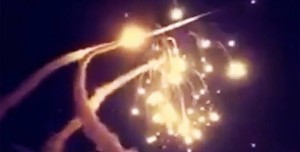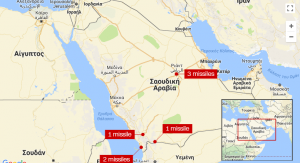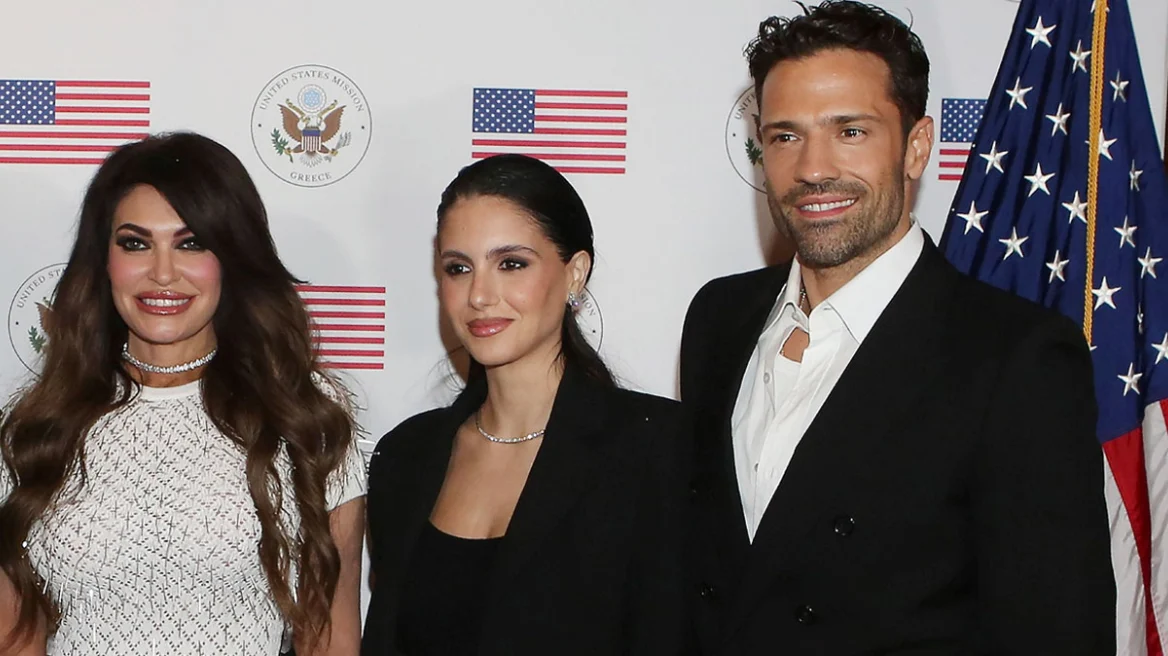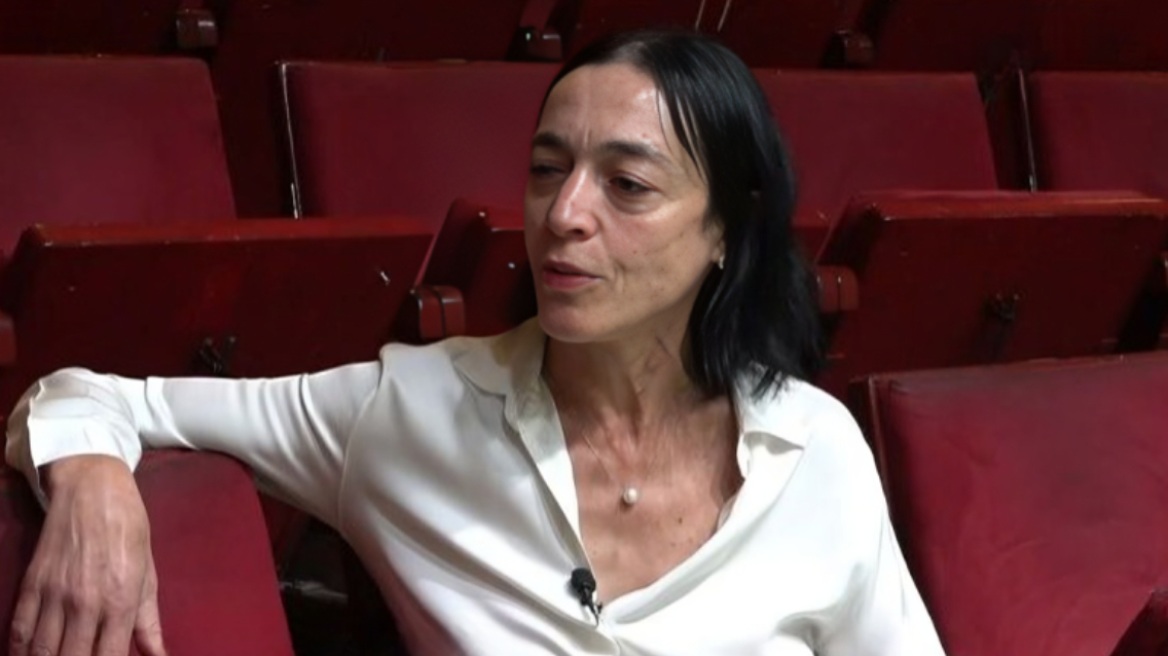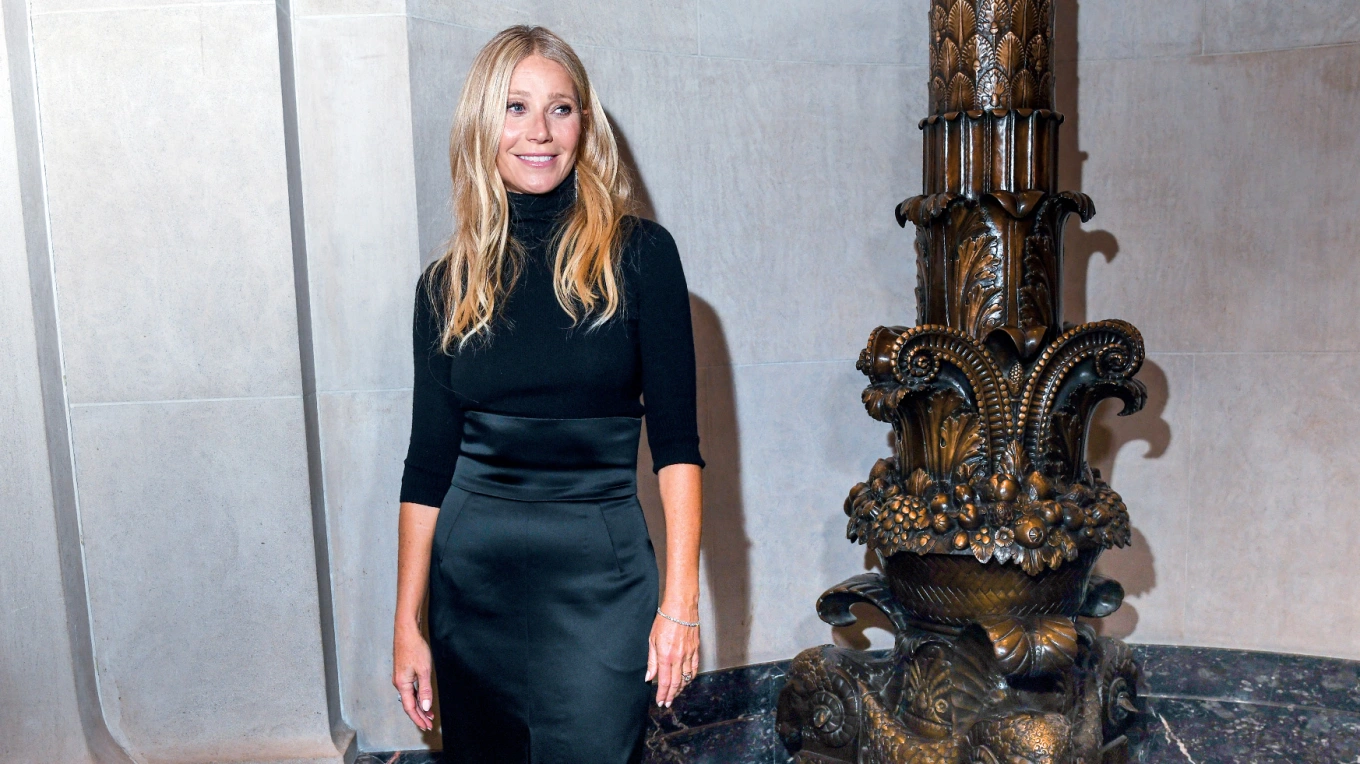Saudi Arabia’s air force intercepted seven missiles fired from Yemen on Sunday and, in the debris that rained down on residential suburbs from the interceptions, one man was killed, the Saudis said in a statement.
Coalition forces spokesman Col. Turki Al Maliki said the missiles were fired from Yemen at four target areas, and all the missiles were intercepted and destroyed, according to the statement.
This isn’t the first time the kingdom was the target of missile strikes from neighboring Yemen, but it is the first time there’s been a fatality on Saudi soil. After previous interceptions, the Saudis responded with airstrikes on the Yemeni capital of Sana’a. The response to a fatal incident such as Sunday’s is likely to be even more punishing.
Three were aimed at the capital city of Riyadh, one was headed toward the southwest in Khamis Mushait, one along the southern border targeting Najran and two were headed for the southern city of Jizan.
The interception of the missiles led to fragments “raining on a few residential neighborhoods,” the statement said, which led to the death of an Egyptian resident and material damage to “civilian objects.”
Videos posted to YouTube, which were included in the official Saudi news release, show explosions illuminating the night sky. Others showed people running up to inspect what appears to be missile debris beside a highway.
“These aggressive actions are in blatant violation to the UN Security Resolution 2216 and 2231. These hostile acts continue to pose a direct threat to the Kingdom of Saudi Arabia and threaten regional, as well as international, security,” the statement said.
The Saudi statement blamed Houthi rebels for the missile attack, which it said “highlights the increased capacity of terrorist organizations and those who stand behind them.”
Previous missiles directed at Saudi Arabia
Saudi Arabia has been leading a coalition of states against Iran-backed Houthi rebels in Yemen, who toppled that country’s internationally-recognized government in 2015.
Between November and December of last year, the Saudi air force intercepted at least two missiles targeting its capital. Since then, Yemeni rebels have continued targeting locations along the country’s border with Yemen.
On November 4, Yemeni rebels targeted an airport in Riyadh with a ballistic missile, according to Yemen’s Houthi-controlled Defense Ministry. The missile was intercepted over the city, the Saudi Ministry of Defense said in a statement carried on government-backed Al-Arabiya television.
Yemen’s Defense Ministry said the missile attack “shook the Saudi capital” and the operation was successful. The attack was conducted using a long-range missile called the Burqan 2H, it said.
The Riyadh airport tweeted that it hadn’t been affected.
BREAKING: Saudi air defense intercepts ballistic missile over Riyadh; loud explosions heard across the capital pic.twitter.com/gprUbjEN8C
— Josh Caplan (@joshdcaplan) March 25, 2018
On December 19, the Saudi Arabia-led coalition fighting Houthi rebels in Yemen said it intercepted a ballistic missile south of Riyadh, according to Saudi state television station Al Ekhbariya.
The missile did not cause any damage.
The missile was headed to a residential area in the Saudi capital, before it was intercepted, Saudi Arabia’s official news agency reported.
Houthi spokesman Mohammed AbdulSalam said on his Twitter account that the rebels fired the Burqan 2H ballistic missile, targeting the prestigious Yamama Palace hotel in the Saudi capital. The Burqan missile is an Iranian-modified scud missile.
Blaming Iran
Saudi Arabia has blamed Iran in the past for supplying the rebels with weapons. After the November 4, missile strike, the kingdom’s foreign minister accused Hezbollah, the Lebanese Shiite militant and political group that is aligned with Iran, of smuggling missile parts into Yemen.
“Operatives from the Iranian Revolutionary Guards and Hezbollah” helped put it back together again and launch it, Foreign Minister Adel bin Ahmed al-Jubeir told CNN.
“This is a very, very hostile act,” he said. “We have been extending our hand to Iran since 1979 in friendship, and what we get back is death and destruction.”
Iran at the time responded to the Saudi claims of Tehran’s involvement with Foreign Ministry spokesman Bahram Qassemi calling the accusations “false, irresponsible, destructive and provocative,” according to the Iranian news agency Tasnim.
Source: cnn
Ask me anything
Explore related questions
